
|

Red and Orange colors are based on the natural pigments carmine and paprika.
A large spectrum of colors from orange to purple red is obtained from these two pigments.
Paprika is the base for orange color. Paprika oleoresins are standardized by blending different lots, mixed with natural antioxidants to insure good resistance to light denaturation and diluted with vegetable oil to obtain the desired concentration.
Carmine is the base pigment for red color. Carminic acid is extracted from dried cochineal by hot water, then carmine is formed by complexation with aluminium and calcium.
Atlantika offers “non-bleeding” colors produced without additives through a special technology developed by Eusa Colors to insolubilize the carmine pigment by complexation at high temperature.
Carmine and paprika pigments are combined in stable emulsions to provide a large panel of red to orange colors.
Atlantika was created in 2003 with the ambition to become a leader in the supply of ingredients for the Surimi seafood industry in Europe.
Atlantika works with two mains partners specialized in the production of flavors and colorings:
Qingdao Baite Co., Ltd, based in Qingdao, in the Shandong Province of China, was founded in cooperation with Korean and Chinese partners specialized in seafood flavors and extracts.
Aggressive investment in Research and Development together with a long experience and close relationship with the Surimi seafood industry has allowed to create a large range of flavors and tastes well adapted to the needs of the market. The factory is HACCP approved.
Eusa Colors, based in the south of France, is the main carmine producer in Europe and a specialist of natural colors and spices such as paprika, curcumine, pepper, etc. The partnership with Atlantika extended their know-how to the processing of colorings and flavorings for Surimi seafood. Particularly Eusa Colors developed proprietary technology for non-bleeding colors based on carmine and developed a large range of seafood flavors. The factory is certified ISO 22000.
more
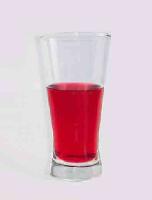
|
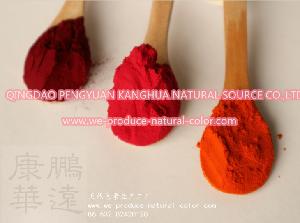
|
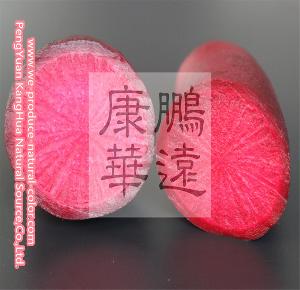
|
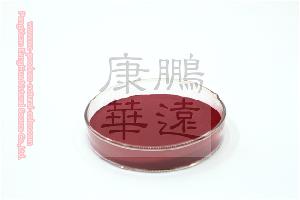
|
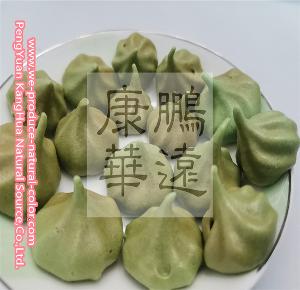
|

|

|
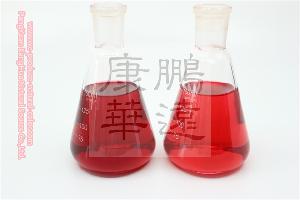
|

|

|
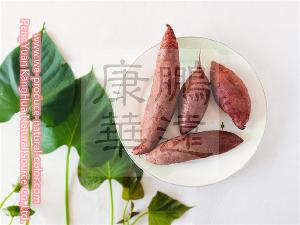
|
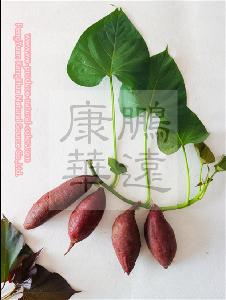
|